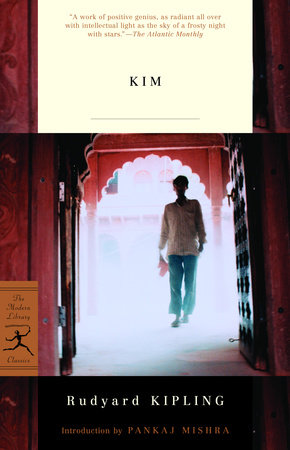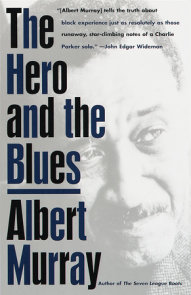READERS GUIDE
Questions and Topics for Discussion
1. For decades many critics have shown great disdain for Kipling, equating his work with the idea that British imperialism was a righteous and justified act. Is this assessment fair? Was Kipling simply writing what he knew or structuring his literature on his political beliefs?
2. As Kim moves from the intellectual world of school to the spiritual world he finds with the lama later in the story, he continually questions who he is. Is this questioning simply that of a young orphan or does it hint at larger political unease?
3. What is the purpose of the prophecy Kim brings to the soldiers?
4. Is it surprising, given Kim’s spirituality, that he joins the Secret Service? How does he reconcile his two separate lives?
5. In a 1943 essay, critic Edmund Wilson referred to the ending of Kim as a “betrayal” of the relationship of the old man and the young Kim, which made the book more literary than a mere adventure story. Do you agree with this? Why or why not?
6. In her article “Adolescence, Imperialism, and Identity in Kim and Pegasus in Flight,” Nicole Didicher says, “Adults writing for adolescents inevitably use imperialist discourse to influence their readers’ maturation. Kipling . . . uses an existing imperialist society to present the protagonist’s establishment of his psychosocial identity.” Do you agree that all adult writers “inevitably” use imperialist discourse to reach their adolescent audiences? Did Kipling use imperialist India because that is what he knew, or was he simply entertaining a young audience?




















